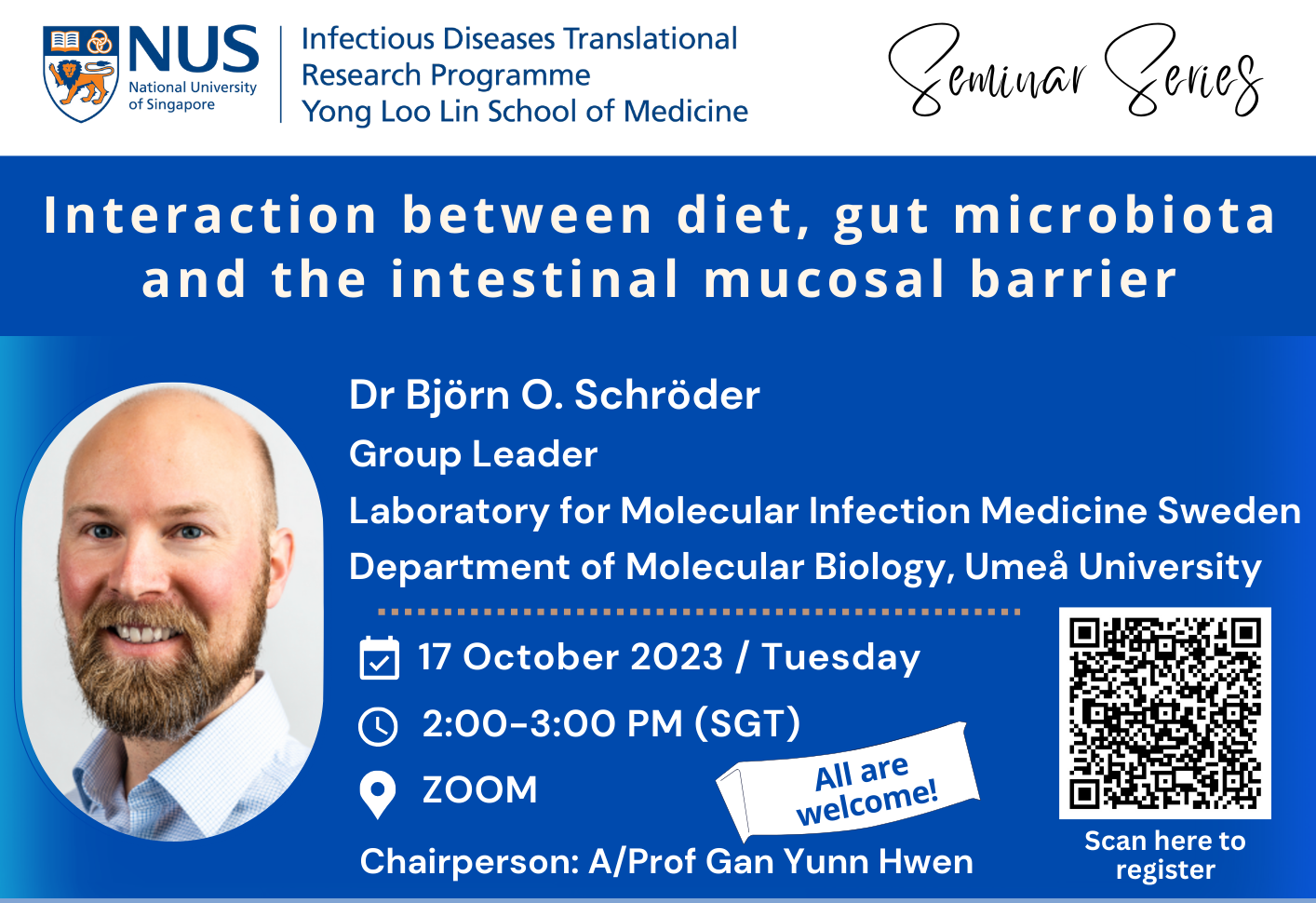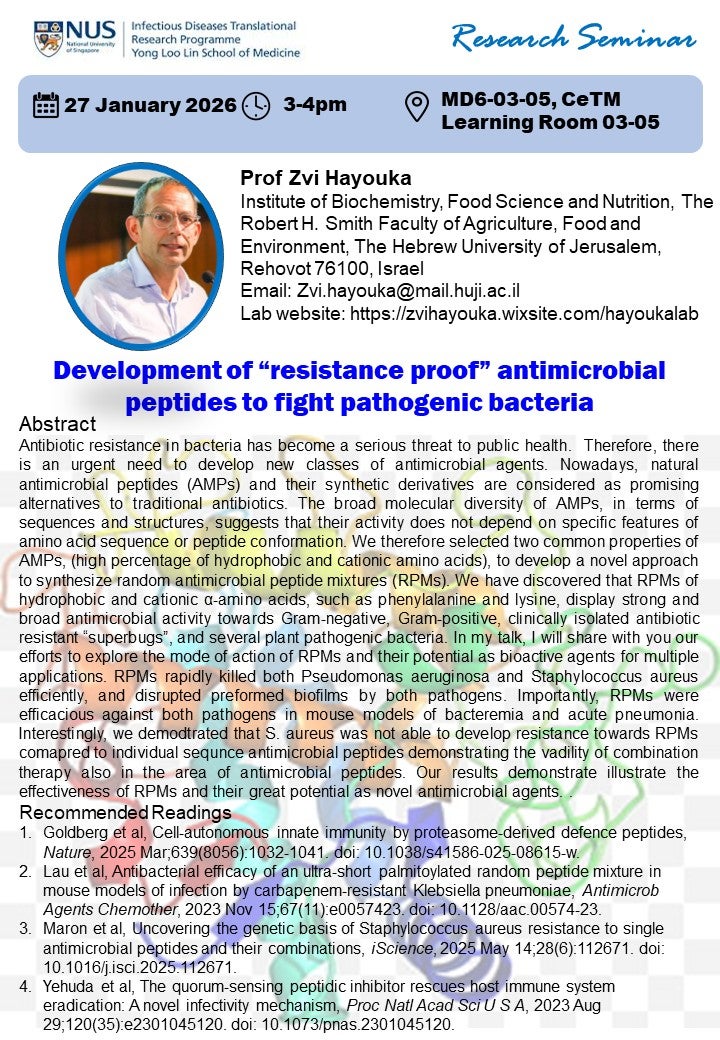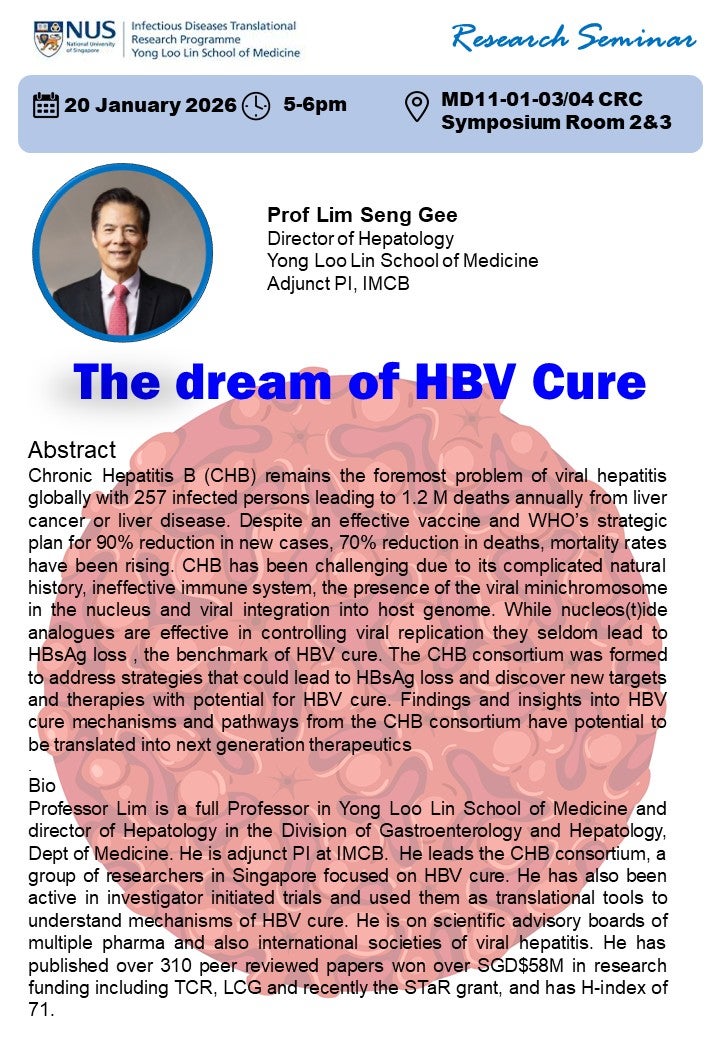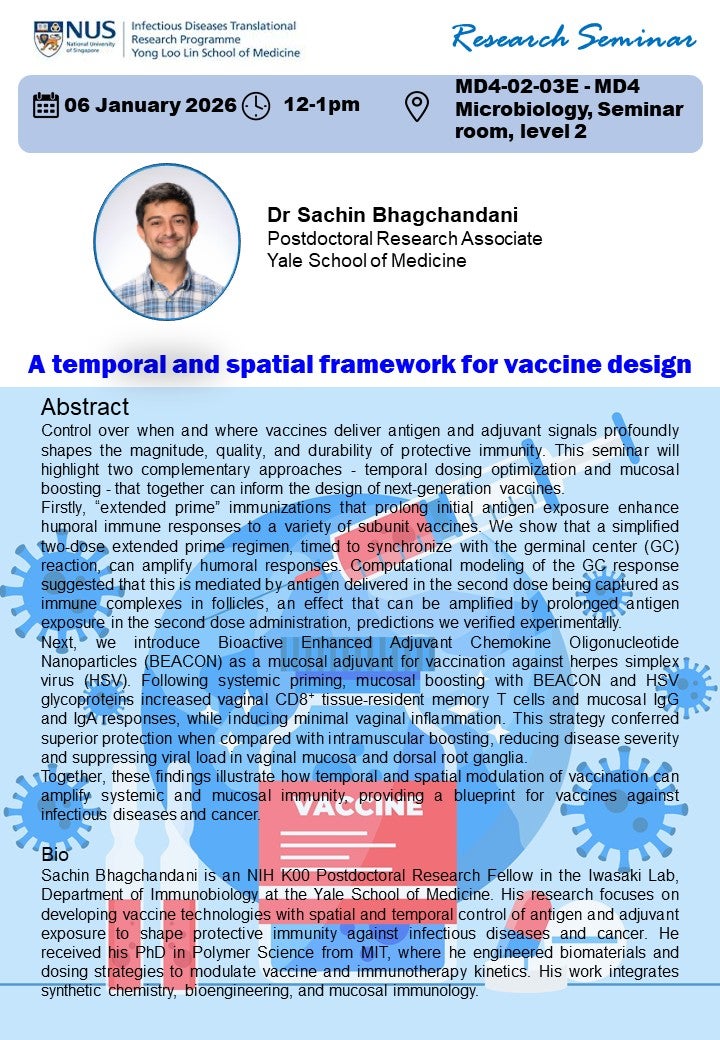Abstract:
The gut microbiota lives with its host in a mutually beneficially relationship of which both sides benefit. However, the enormous number of microorganisms in the gut also poses a permanent threat to the host, and effective border protection mechanisms are required to prevent infection and inflammation through the microbiota. In this talk, I will discuss how diet affects the gut microbiota composition in mice, and how this interaction affects the intestinal mucus barrier, an important mechanism of host defense in the gut.
Biography
Björn O. Schröder studied Biochemistry at the Technical University of Munich and obtained his PhD from the University of Tuebingen, Germany, where he could demonstrate that intestinal antimicrobial peptides can be activated through redox reactions.
His increasing interest in the gut microbiota then resulted in a post-doctoral stay in the laboratory of Fredrik Bäckhed in Gothenburg, where he investigated how the gut microbiota can affect intestinal barrier function during metabolic diseases. During this time Dr. Schröder also established a close collaboration with Gunnar Hansson’s laboratory to get insight into intestinal mucus function.Since 2019 Dr. Schröder is a group leader at The Laboratory for Molecular Infection Medicine
Sweden (MIMS) at Umeå University and continues to study the interaction between diet, gut microbiota and the intestinal mucosal barrier. His group combines dietary interventions in mice and humans with gut microbiota analyses, microbiota transplantations, antimicrobial assays and state-of-the-art ex vivo mucus measurements.
Dr. Schröder has been awarded with several early career awards, including a Young Investigator Award at the Gordon Research Conference on Antimicrobial Peptides, prestigious postdoctoral fellowships from the EU (Marie-Curie IEF) and the Human Frontier Science Program (HFSP) as well as a Starting Grant from the Swedish Research Council.










































